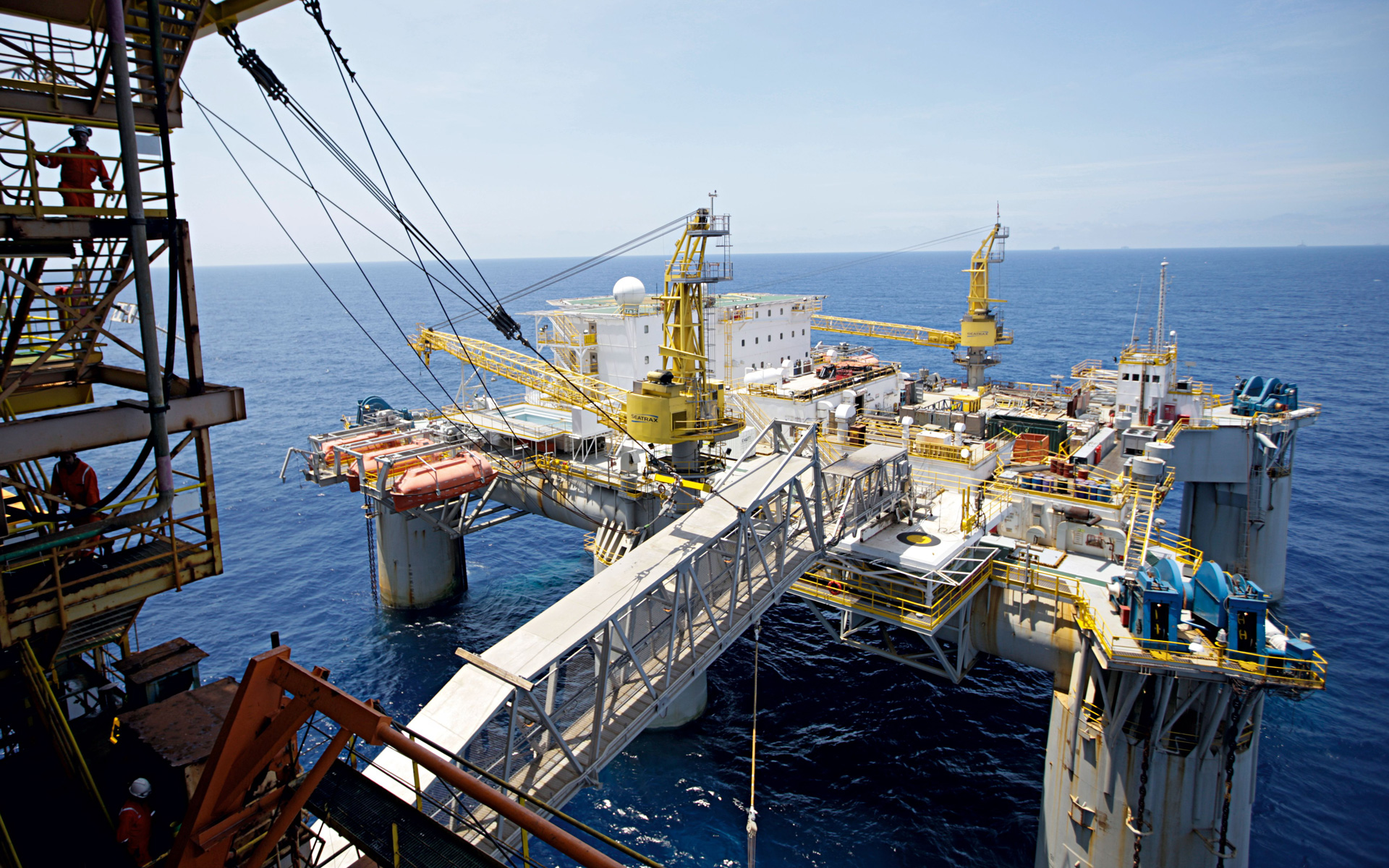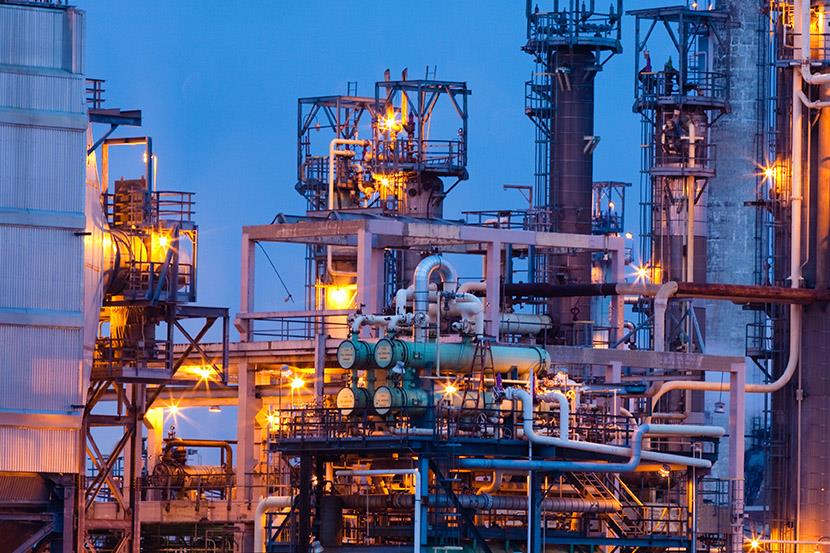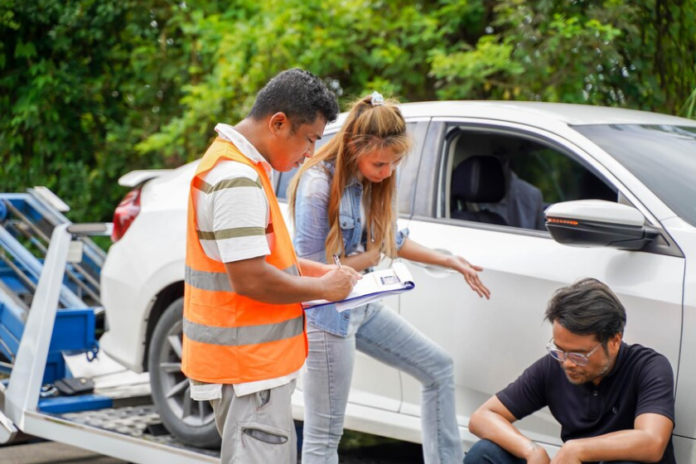
There are many terms and lingo in the oil and gas industry that can be intimidating to newcomers or those who don’t work in the industry every day. One of these terms that may be unfamiliar to you is the Competent Persons Report (CPR). The term CPR stands for Competent Persons Report, and it refers to a written report that identifies and quantifies any risks posed by an oil or gas project, usually written by engineers or geologists who have reviewed the project’s risks with field experts.
What is a C.P.R.?
A Competent Person’s Report (CPR) is a form used to describe a project, or parts of a project that are generally carried out by competent persons using standard procedures. It is intended to give assurance that safe and good quality work has been done. A person who holds one of a number of approved qualifications is deemed to be ‘competent’ for certain types of work. The CPR should therefore be read with reference to these lists of competencies, which can be found on CITB’s website. The purpose of a CPR is not to provide an exhaustive list of all work undertaken but rather to demonstrate that appropriate checks have been made at key stages in order to ensure compliance with standards, codes and legislation governing health and safety issues. Where possible only those aspects relevant to health and safety should be described.
Who can write a C.P.R.?
A competent person is defined as an individual with sufficient knowledge, training, experience, and technical competence to provide a high degree of assurance that: an activity can be conducted safely; health/safety risks are identified; risks are reduced to as low as reasonably practicable through effective control measures. Competent Person means a professional engineer or geoscientist who is employed by or has a contractual relationship with an oil sands facility operator. A competent person must have relevant experience and training for all aspects of their work. This includes performing activities such as reviewing design documents, conducting site inspections, providing advice on matters related to occupational health and safety (OHS), providing advice on environmental protection issues related to OHS, reviewing plans for emergency response programs (ERP), etc.

What Kind Of Information Should Be Included?
If a competent person does not report their finding, there is no way for any other party to know what has been reported, so it is always important that a competent person reports everything they have done and found. If a competent person reports only findings which are within their scope of work as stated on their CPD, they cannot be held liable if someone else later finds out something has been missed. The oil and gas industry relies heavily on those who perform drilling operations to provide accurate information about conditions encountered during drilling operations.
How Do I Get My Hands On Some C.P.R.’s?
Confidential Particulars Reports, or C.P.R.’s for short, are used by oil & gas companies to report potentially productive petroleum deposits as well as geological & geophysical data associated with these deposits. C.P.R.’s are also commonly referred to as ‘Secrets’, due to their confidential nature – they’re not meant for public consumption, except by investors holding senior level shares of a company; thus, they can make or break a company’s future prosperity…or lack thereof!









:max_bytes(150000):strip_icc()/GettyImages-912637018-843880859f6949a786276bb17dbc2435.jpg)